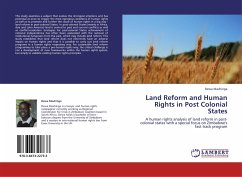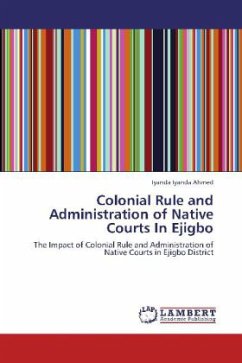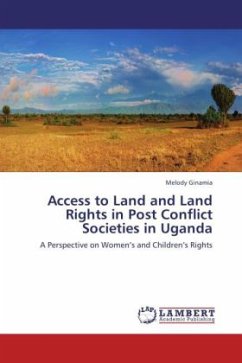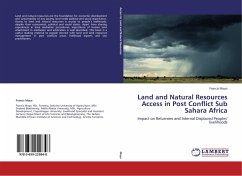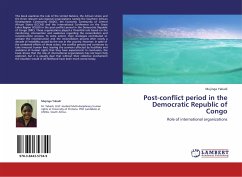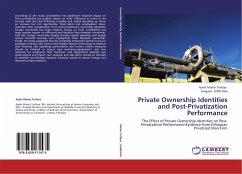This study examines a subject that evokes the strongest emotions and has potential at once to trigger the most egregious violations of human rights as well as to promote and further the cause of human rights in a big way - land reform in post-colonial States. In post-colonial States (mainly in Africa, Asia and Latin America) land is central to past and current conflicts as well as conflict-resolution strategies. For post-colonial States achievement of national independence has often been associated with the removal of institutional hangovers from the past, which may include land reform. This study establishes that land reform does not inherently have an adverse impact on human rights and that it is possible to carry out land reform programs in a human rights respecting way. For sustainable land reform programmes to take place a pro-human rights way, the critical challenge is not a development of new frameworks within the human rights system, but simply to validate existing human rights principles.
Bitte wählen Sie Ihr Anliegen aus.
Rechnungen
Retourenschein anfordern
Bestellstatus
Storno

